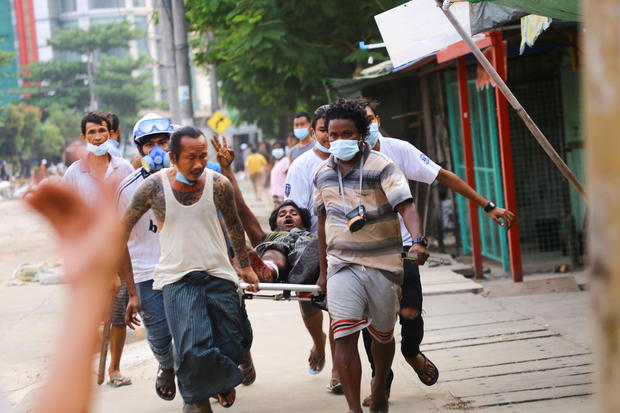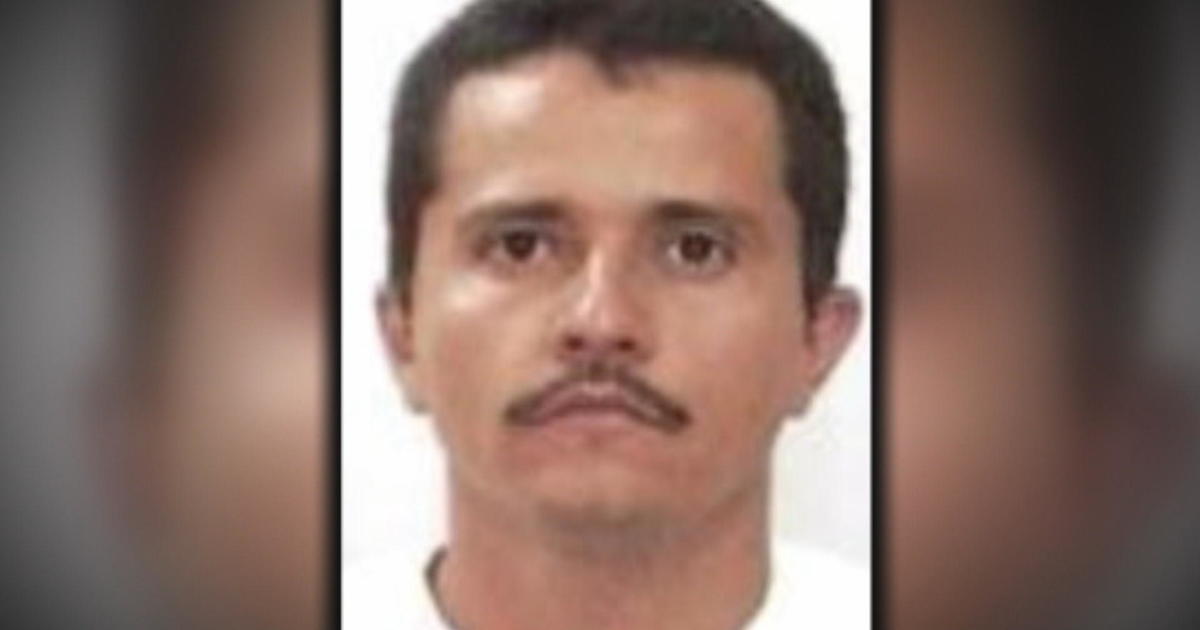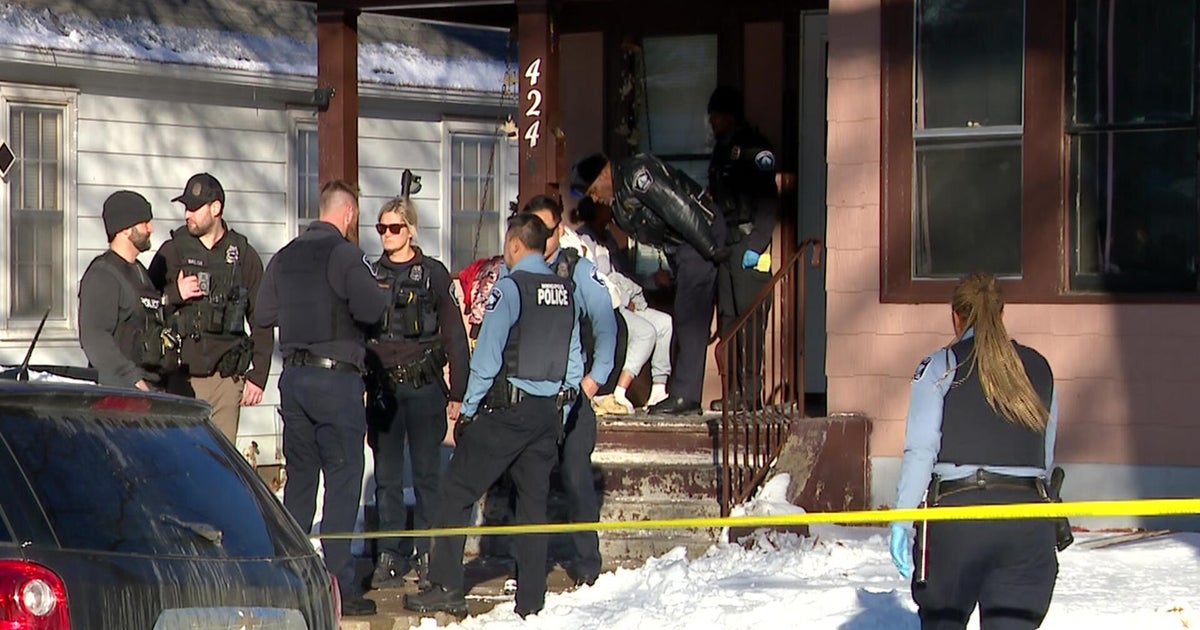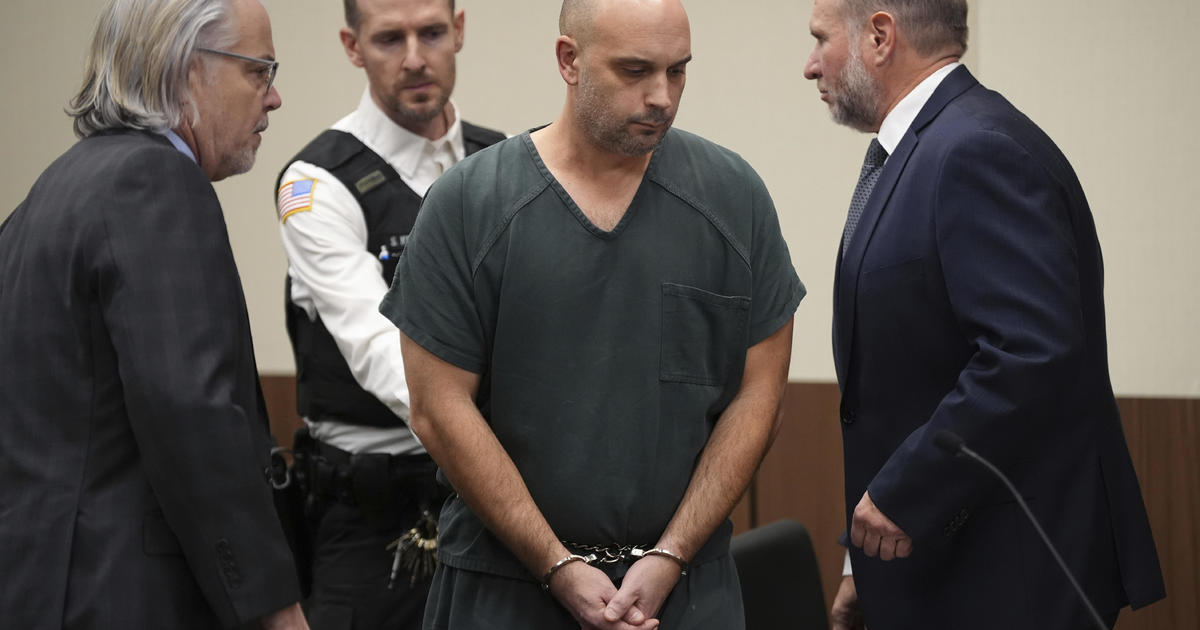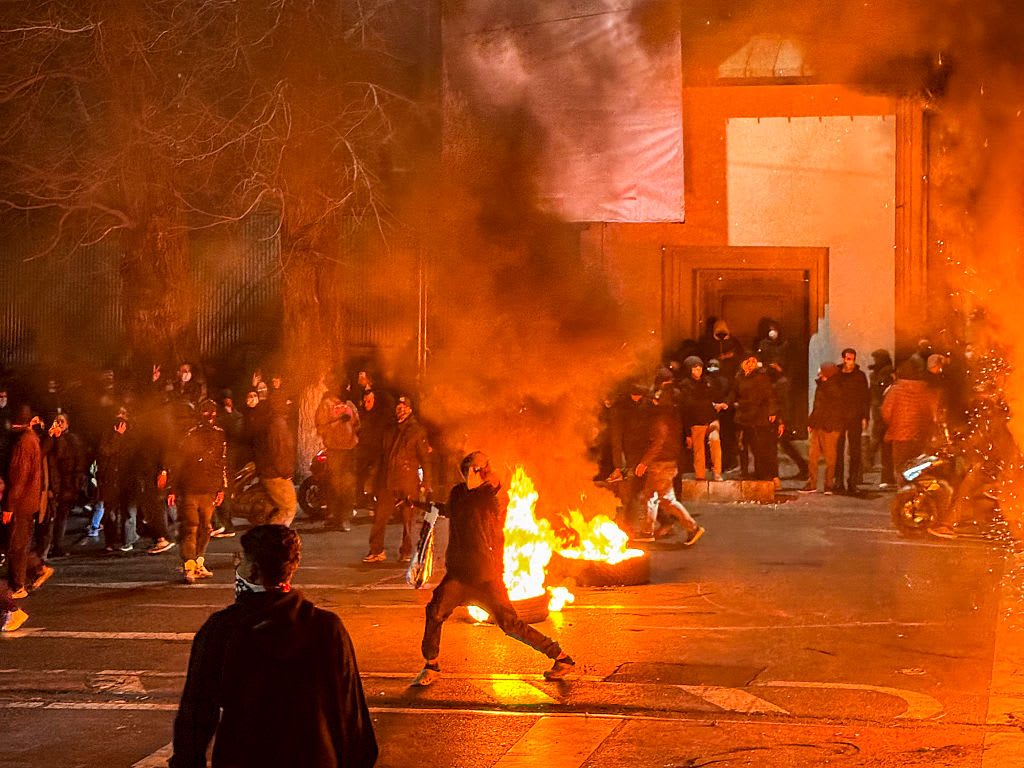Dozens more killed protesting military rule in Myanmar as post-coup chaos deepens
Myanmar was reeling on Monday after yet another day saw the mass-killing of protesters in the wake of the military coup a month and a half ago. Pro-democracy protesters demanding an end to military rule and the release of civilian leader Aung San Suu Kyi from prison have refused to back down, continuing their civil disobedience movement, and dying for it.
Suu Kyi was due to appear in court on Monday via videoconference, but the hearing never happened because the military junta cut internet services, making the virtual event impossible.
The generals severed communications in the country in a bid to stymie the protests, which on Sunday saw thousands of people gather in Myanmar's most populous city, Yangon. They scattered and ran as the sound of gunfire rang out yet again.
Crowds rushed wounded demonstrators from the front lines as others doused people with water to soothe the burn of tear gas.
By nightfall the wounded were seen being carried away, including one man who defiantly held up the three-finger salute of the resistance movement from his stretcher. Others lay motionless as they were taken off the streets.
Broadcasting from a secret location, Mahn Win Khaing Than, the acting leader of Myanmar's deposed civilian government, called Sunday "the darkest moment of the nation," and said it was "time for our citizens to test their resistance."
The Assistance Association for Political Prisoners, a non-profit advocacy group based in neighboring Thailand, said at least 38 people were killed on Sunday alone, the majority of them in Yangon as security forces scrambled to protect Chinese-owned businesses in the city from the protesters — at the request of the Chinese Embassy. It was on par with the deadliest day seen in the country since the coup.
China's Foreign Ministry confirmed that it's embassy requested security the country had become "very concerned about the impact on the safety of Chinese institutions and personnel" in Yangon.
The casualties brought the total number of civilians killed by security forces since the military's February 1 takeover to at least 100, according to the Assistance Association's tally. Hundreds more have been injured, and thousands have been detained and held without access to their families.
Suu Kyi and President Win Myint were detained along with hundreds of other pro-democracy politicians and allies on February 1. The junta declared a state of emergency, alleging election fraud in last November's parliamentary polls — which Suu Kyi's party won in a landslide. Even Myanmar's election commission has refuted the junta's allegations of fraud.
After the weekend's violence, the military rulers declared martial law in parts of Yangon and in the second-most populous city of Mandalay.
United Nations Special Representative for Myanmar, Tom Andrews, has said the crackdown by the junta has likely included crimes against humanity.
"They respond to peaceful protestors with brutality," he said of the junta. "They respond to the international community with claims that are, quite frankly, on their face, absurd — including the argument that utmost restraint is being used by security forces."
Last week, China joined the rest of the U.N. Security Council in a rare show of unity to condemn the violence — but both Beijing and Russia prevented the term "coup" from even being included in the statement, which carries no threat of punishment.
Andrews, the U.N. envoy, said in a tweet on Sunday that it was "time for UN member states to set a new standard for robust, unified action by imposing unrelenting sanctions on the junta of Myanmar."
Myanmar's generals have shown no hesitation in continuing to use deadly force since the U.N. collectively spoke out, and the killings on Sunday in defense of Chinese businesses, which drew no fresh condemnation from Beijing, were telling. As a permanent member of the Security Council, China wields veto power to block any U.N. sanctions being imposed against Myanmar.
On the streets, new memorials continue to rise on the spots where protesters have fallen.
"Why are we dying for doing the right thing?" asked Than Saw, the mother of a 37-year-old rickshaw driver who was killed in the violence.
That "right thing," protesters say, is to stay the course on their demand that the country's elected civilian leader, 75-year-old Nobel laureate Aung San Suu Kyi, be released from prison and her government be restored. Her next court date is scheduled for March 24.

